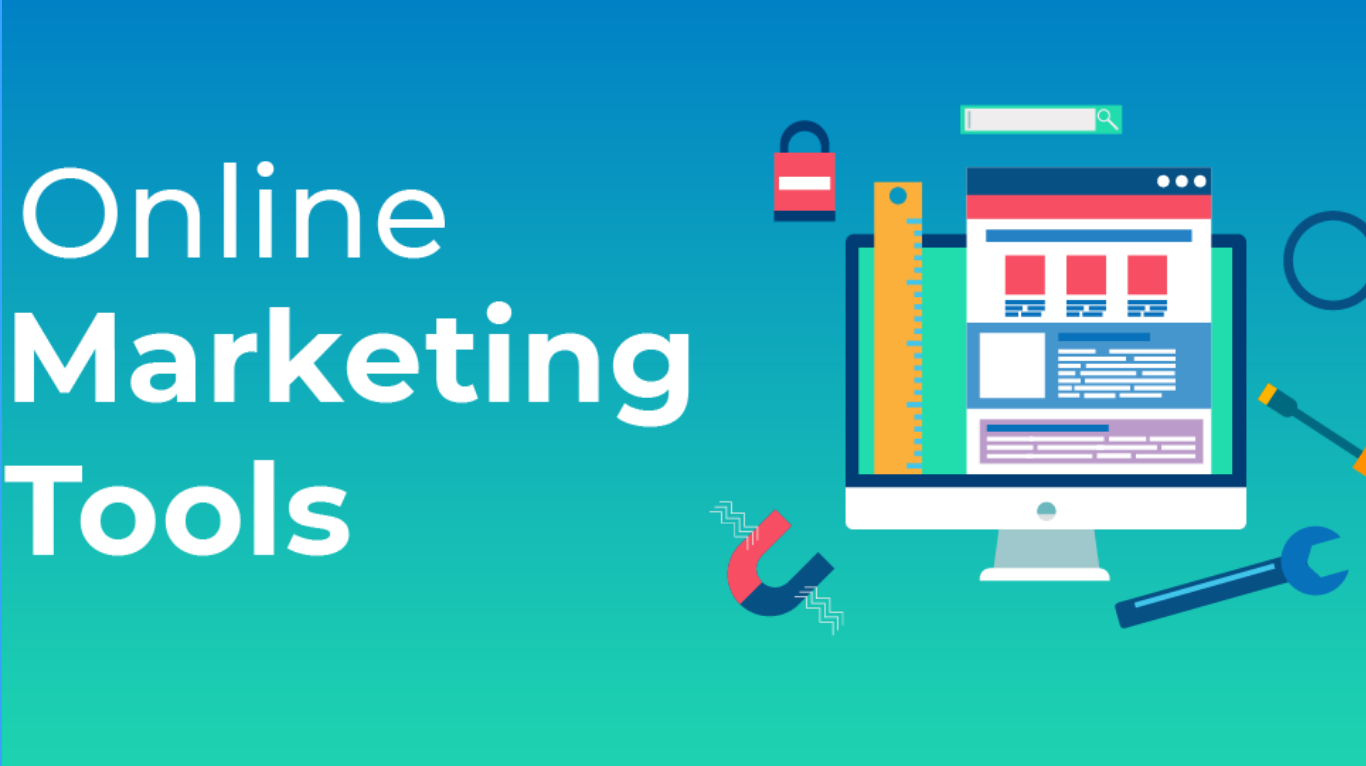A Comprehensive Guide to Webmaster Tools: Enhancing Your Website’s Performance
Webmaster tools, also known as search console or site owner tools, are invaluable resources that help website owners and administrators manage and optimize their websites. These tools are offered by major search engines like Google, Bing, and others, and they provide essential insights into your website’s performance, search visibility, and overall health. In this article, we’ll delve into the details of webmaster tools, their significance, and how you can leverage them to enhance your website’s performance.

Table of Contents:
- Understanding Webmaster Tools:
- Definition and Purpose
- Available Webmaster Tools (Google Search Console, Bing Webmaster Tools, etc.)
- Importance for Website Owners
- Setting Up Webmaster Tools:
- Account Creation and Verification
- Adding and Verifying Your Website
- Setting Up User Roles and Permissions
- Key Features and Functions:
- Search Performance Analysis:
- Search Queries and Keywords
- Click-Through Rates (CTR)
- Impressions and Clicks
- Indexing Insights:
- Sitemaps Submission and Monitoring
- Indexing Status and Issues
- Mobile Usability and Performance
- Site Health and Security:
- Crawl Errors and URL Issues
- Malware Detection and Notifications
- Security Enhancements
- Backlink Analysis:
- Inbound and Outbound Links
- Link Quality and Source Analysis
- Disavow Tool Usage
- Search Performance Analysis:
- Using Webmaster Tools for Optimization:
- Improving Organic Search Visibility:
- Analyzing Top Performing Pages
- Identifying Low-Performing Pages
- Optimization Recommendations
- Enhancing User Experience:
- Mobile-Friendly Testing
- Page Speed Insights
- Rich Snippets and Structured Data
- Resolving Technical Issues:
- HTML and XML Sitemaps
- Crawling and Indexing Errors
- Duplicate Content Detection
- Improving Organic Search Visibility:
- Monitoring Website Performance:
- Regular Health Checks
- Tracking Changes and Trends
- Reacting to Algorithm Updates
- Advanced Techniques:
- International Targeting and Geo-Targeting
- Schema Markup Implementation
- Accelerated Mobile Pages (AMP)
- Webmaster Tools and SEO:
- Aligning with Search Engine Guidelines
- Identifying Penalty Issues
- Disavow File Management
- Staying Updated and Evolving:
- New Features and Tools
- Industry Trends and Best Practices
- User Community and Support
- Conclusion:
- The Crucial Role of Webmaster Tools
- Continual Website Improvement
- Embracing the Power of Data
Conclusion: Webmaster tools are a must-have for every website owner and administrator. They provide deep insights into how search engines view and interact with your website, enabling you to optimize for better visibility, user experience, and overall performance. By consistently using webmaster tools and staying informed about the latest updates and techniques, you can maintain a strong online presence and ensure your website’s success in the dynamic digital landscape.



